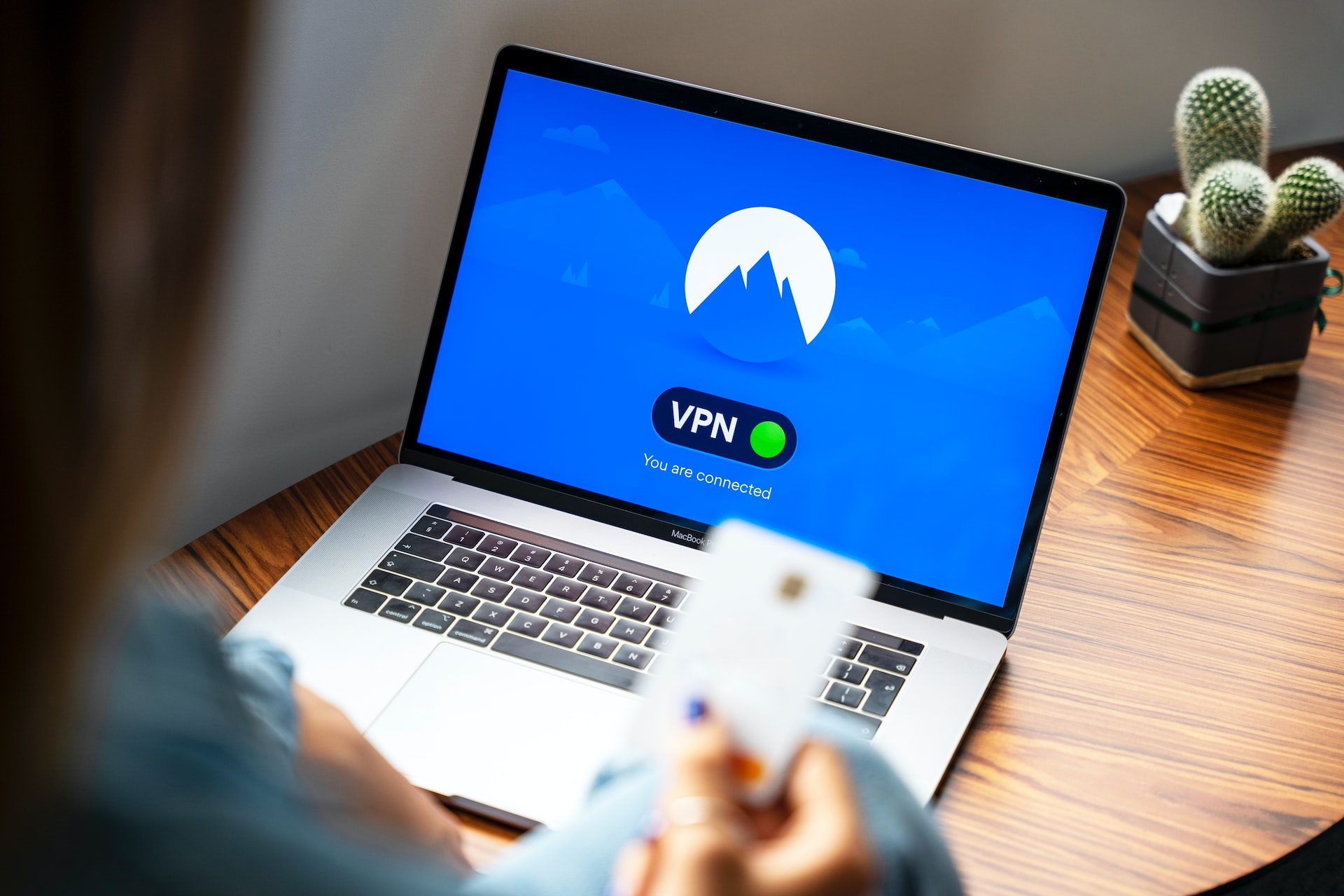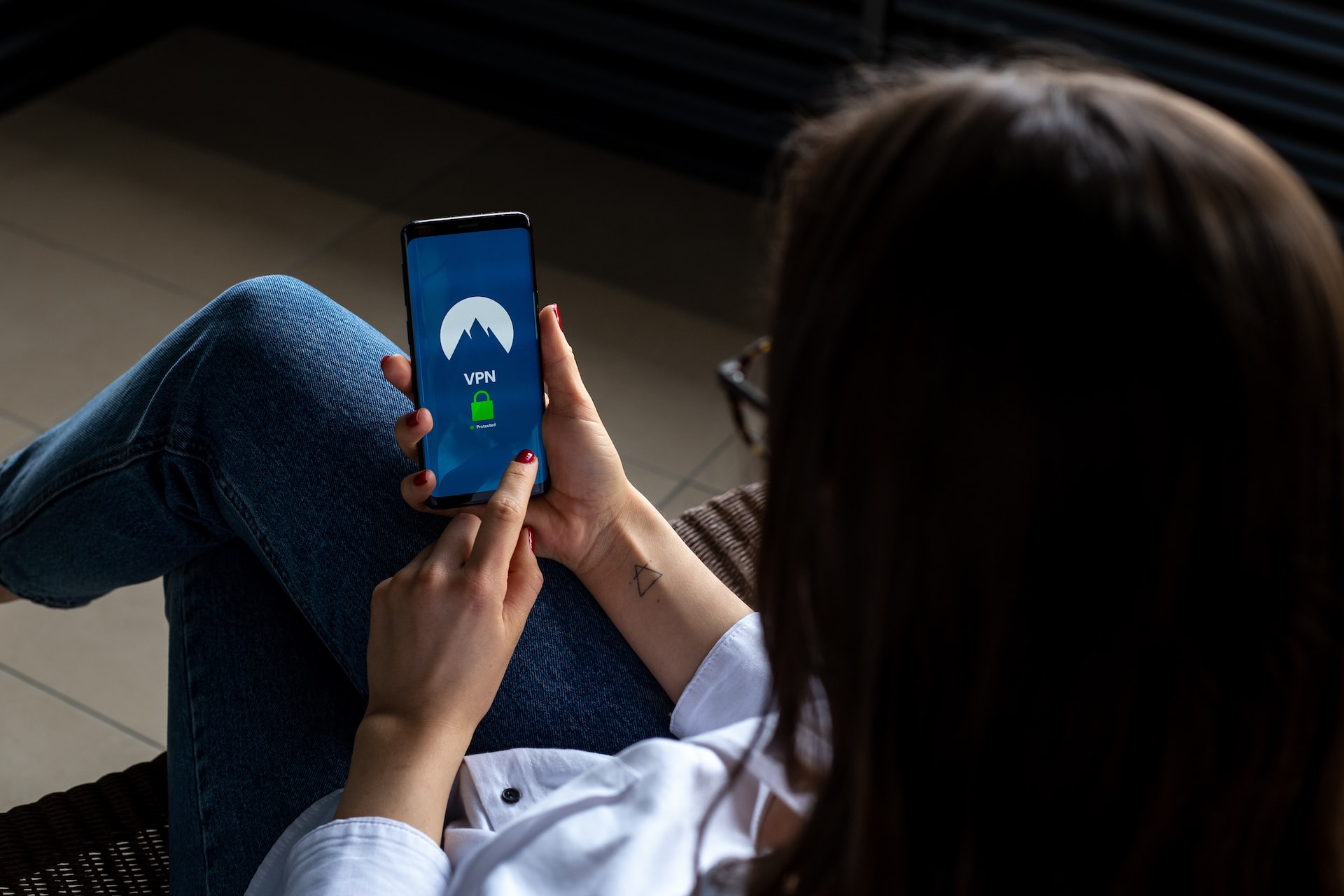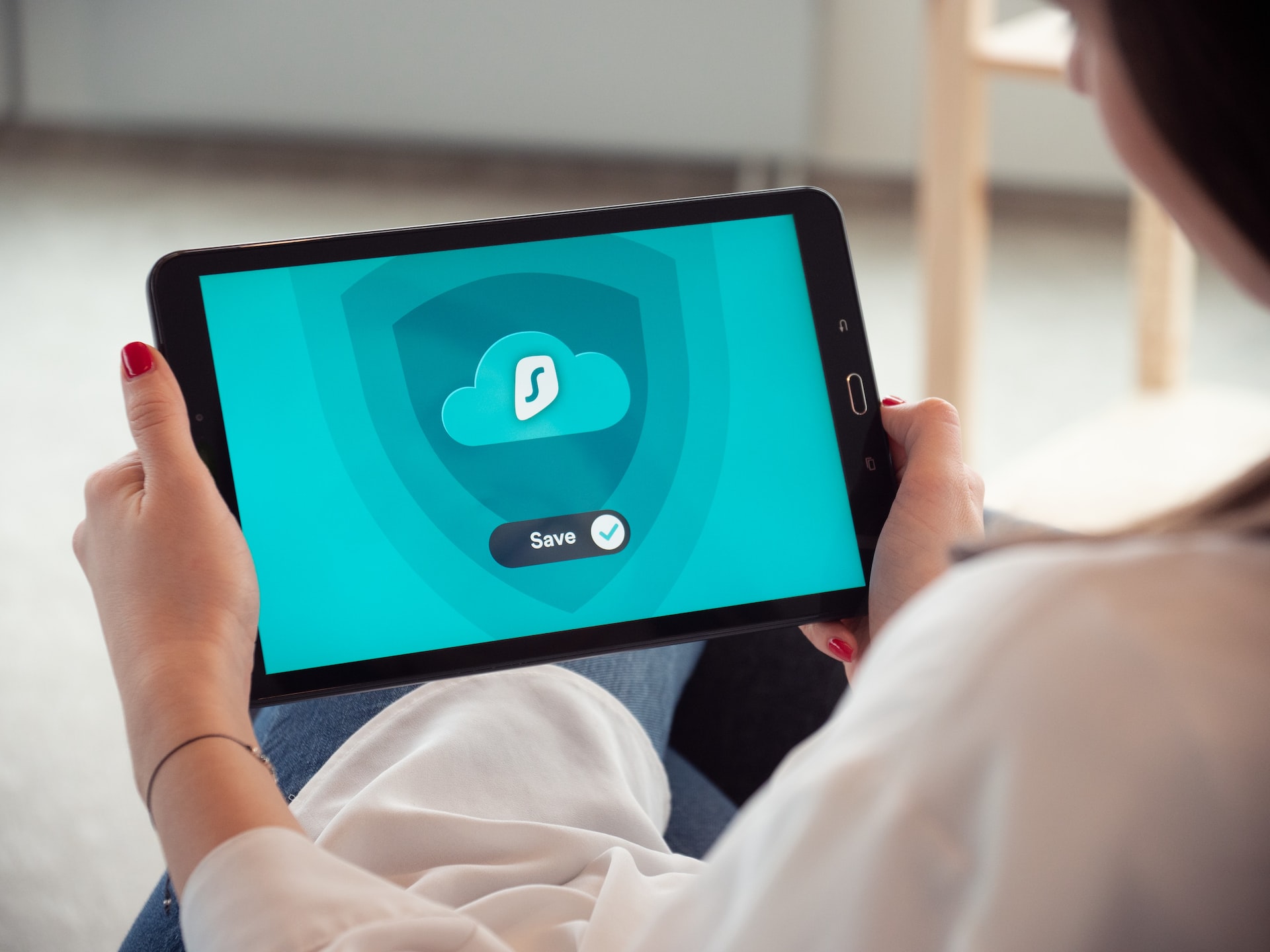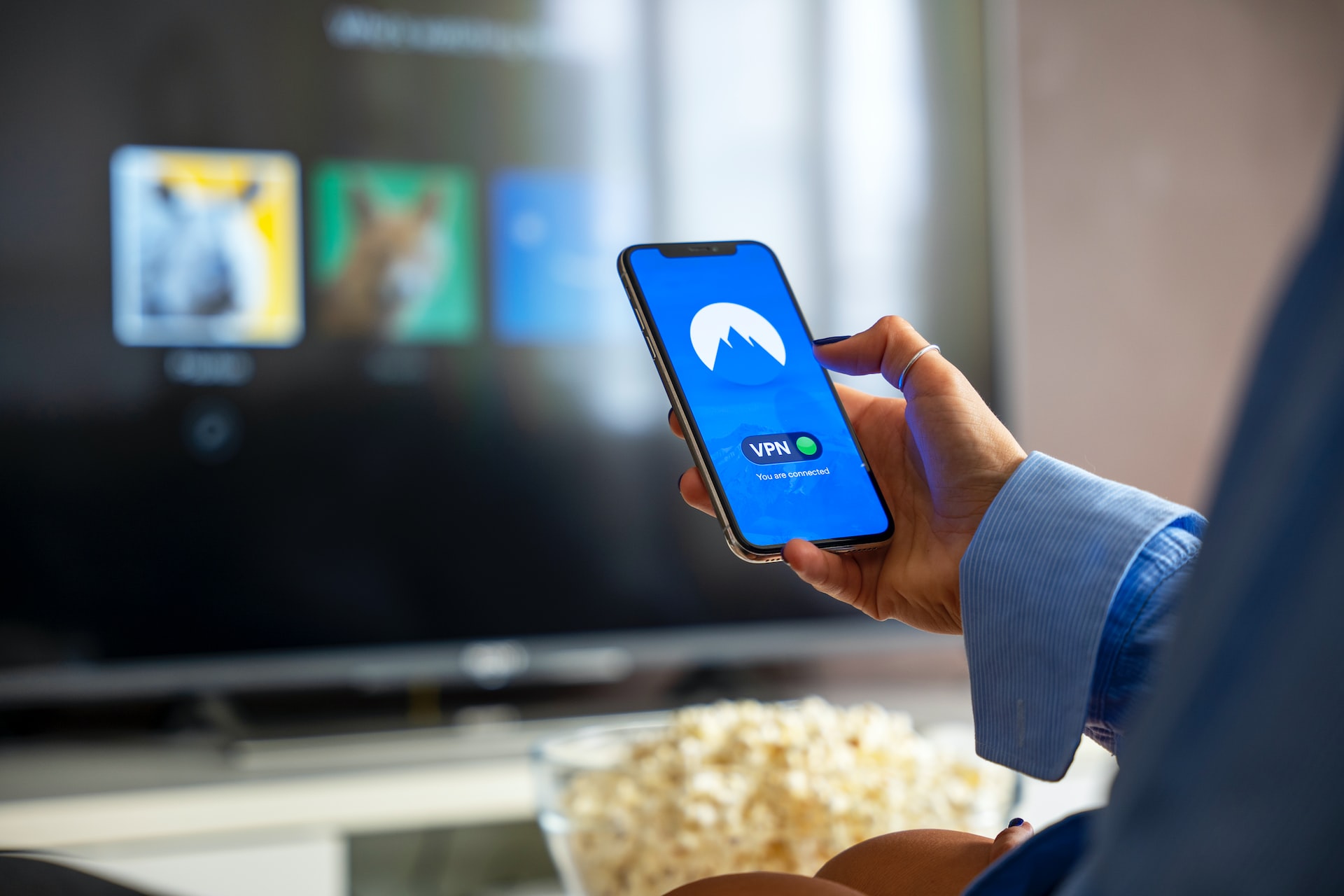Everything is at your fingertips thanks to the Internet. You can search and explore different websites be it from the office, at home, or even play your favorite games on go, with mobile devices.
Even though the network connections make it easy to pair different devices, it also leaves them vulnerable to different malicious attacks.
According to Statista, during the last year 70% of businesses were attacked with ransomware, which is an increase in the last five years. As well as the highest percentage yet recorded.
Due to the COVID outbreak and many lockdowns, various businesses switched to working from the home regime. However, that led to employees using unsafe network connections and ultimately leaving them exposed to cyber-attacks.
So how can you protect yourself while browsing online? The solution is easy, use a VPN on your device.
So without further ado, let’s dive into what a VPN is and how it can protect you.
What Is a VPN and How Does It Work?

A Virtual Private Network, shortly known as VPN, is an encrypted connection established between two devices. VPN offers a chance for users to have a private and safe virtual network within an exposed public one.
VPN uses specific protocols called IPSec (Internet Protocol Security) to encrypt the data you are sending. The data is decrypted once it reaches its destination and then is redirected to your recipient.
On top of that, the best thing is that VPN offers full anonymity. All the information is kept on a VPN server. That way, there is no possibility for anyone to trace back the real users’ identities. Additionally, advanced features like VPN split tunnel allow users to selectively route traffic through the VPN, offering flexibility in managing which data is encrypted and which can directly access the internet. Cybersecurity companies such as Microminder underscore the significance of VPNs for their capability to provide comprehensive anonymity, with all user data securely stored on VPN servers, thus eliminating the possibility of tracing back real user identities.
Benefits of Using a VPN

To Avoid Geo-Restrictions
Some websites can be blocked for specific cities or countries. Hence, to access that data you’ll need VPN to hide your location.
Access Blocked Content
Additionally, some content or shows might be restricted to only specific regions. On top of that, some countries banned streaming services, such as Netflix and Amazon Prime. If you want to watch your favorite shows without restrictions, a VPN can indeed help you.
Hide Your Location
Many websites such as Facebook or Instagram, require your location to display relevant posts. To bypass those restrictions, you must change your location.
Using a VPN, you don’t have to physically move, you can move your location from the comfort of your house. That way you can trick websites to give you unrestricted content, or content specific to a country.
Malware Protection
Malicious software such as viruses, spyware, or ransomware can greatly harm your devices. Not to mention steal important data.
These threats mainly target IP addresses, so by using a EonVPN you can protect yourself from them. VPN provides you with a secure connection that will be unnoticeable to malware and viruses.
Mask Online Presence
As said earlier, VPN offers complete anonymity for all of you who need an additional layer of privacy and protection.
While your VPN is active, nobody can track your online presence.
VPN Protocols

Now that we covered all the benefits you will need, let’s dive into what protocols VPN uses. A VPN protocol is a list of instructions that tells how your data travels from your device to the VPN server.
Many VPN providers use protocols to provide secure and steady connections.
1. OpenVPN Protocol
As one of the most sought protocols, OpenVPN protocol provides high security combined with an easy user experience.
Furthermore, it is available on multiple platforms such as Windows, Linux, Android, and iOS.
2. L2TP/IPSec
Layer 2 Tunneling Protocol over the Internet Protocol Security is a successor of PPTP. When L2TP is combined with IPSec, creates military-grade encryption available on all devices. Hence, it prevents any data alteration between the sender and the receiver.
3. IKEv2 Protocol
As an extension of IKEv1, it uses RSA cryptography as a means of authentification. It is not compatible with every OS and needs a specific configuration setting.
What Role Plays VPN Today?

VPN plays a major role in our cybersecurity. So, let’s explain it with some examples.
Identity Protection
If you have accounts on social media such as Facebook, Instagram, and TikTok, it is essential to protect your identity.
Hackers can easily steal your data and read or delete your posts or messages. To prevent that, you should always use two-factor authentication (2FA).
Stopping DDoS Attacks
The DDoS attack happens when an attacker sends large amounts of requests to a website. That causes bandwidth and resource consumption, as well as prevents legitimate requests made by users. Using VPN you mask your IP address and avoid these troubles.
In Conclusion
When browsing online, the best way to protect your privacy and data is to use VPNs. Public places offer WiFi hotspots that are vulnerable and have a high chance to be hacked.
Using VPN you can mask your online identity, secure the data you send or receive as well as stop malicious software from attacking your devices.